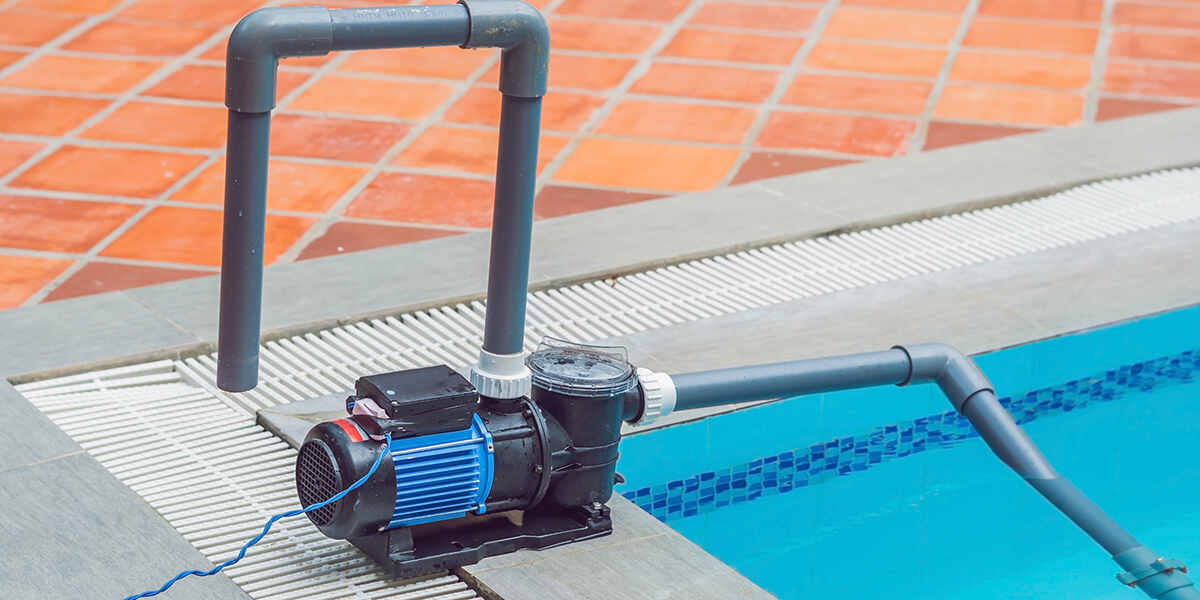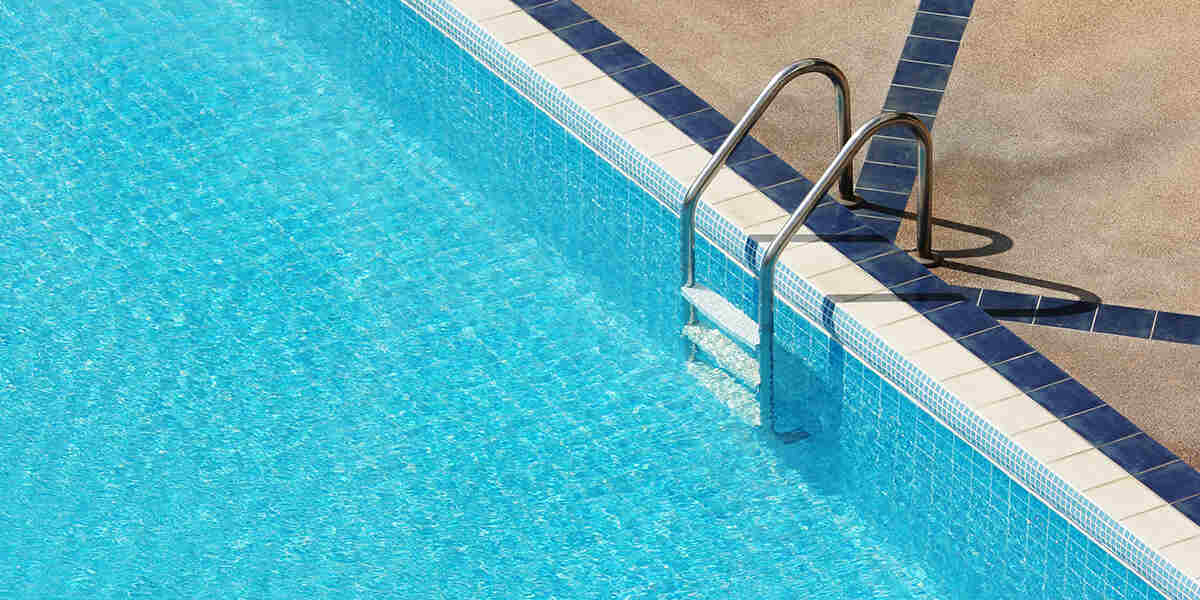Transforming your pool can be an exciting venture that not only revitalizes your outdoor space but also enhances the overall value of your property. Whether your pool needs a facelift due to wear and tear or you simply want to update its look, resurfacing is a crucial aspect of pool maintenance and renovation. In this comprehensive guide, we will explore the best tips and practices to help you transform your pool, ensuring it remains both functional and aesthetically pleasing for years to come.

Why Resurface Your Pool?
Resurfacing your pool is essential for several reasons:
- Aesthetic Enhancement: Over time, pool surfaces can become stained, faded, or rough. Resurfacing rejuvenates the appearance, giving your pool a fresh, new look.
- Improved Functionality: Cracks, leaks, and rough surfaces can lead to water loss and discomfort. A new surface ensures the pool is safe and enjoyable to use.
- Increased Durability: Quality resurfacing materials, such as plaster, pebble, and tile, enhance the longevity of your pool, making it more resistant to damage and easier to maintain.
- Property Value: A well-maintained, attractive pool can significantly boost the value of your home, making it a worthwhile investment.
Understanding the Resurfacing Process
The pool resurfacing process involves several key steps to ensure a high-quality finish:
- Inspection and Planning: A thorough inspection of the pool’s current condition helps identify specific issues and determine the best resurfacing materials.
- Draining the Pool: The pool is completely drained to allow access to the surface for repairs and resurfacing.
- Surface Preparation: The old surface is removed, and the pool is cleaned to ensure a smooth base for the new finish.
- Applying the New Surface: The chosen material is applied meticulously, ensuring even coverage and adherence to the pool’s structure.
- Curing and Finishing: The new surface is allowed to cure properly, after which any final touches are applied to ensure a polished look.

Choosing the Right Resurfacing Material
Selecting the right material is crucial for the longevity and appearance of your pool. Here are some popular options:
- Plaster: Traditional and cost-effective, plaster offers a smooth finish and can be dyed in various colors to suit your aesthetic preferences.
- Pebble: Pebble finishes provide a natural, textured look and are highly durable. They are ideal for creating a unique, upscale appearance.
- Tile: Tile is luxurious and highly customizable, allowing for intricate designs and patterns. It is also easy to clean and maintain.
- Fiberglass: Fiberglass is known for its durability and low maintenance. It provides a sleek, smooth surface that resists staining and algae growth.
Steps to Transform Your Pool
Inspection and Planning
- Conduct a thorough inspection to identify issues such as cracks, leaks, and rough spots.
- Decide on the desired look and functionality of the pool. Consider the overall design of your outdoor space.
- Choose the resurfacing material based on budget, durability needs, and aesthetic preferences.
Draining and Preparing the Pool
- Drain the pool completely to access the surface.
- Remove the old surface carefully, ensuring all debris is cleaned away.
- Repair any underlying issues such as cracks or leaks before applying the new surface.
Applying the New Surface
- Apply the chosen resurfacing material evenly, ensuring a smooth finish.
- Pay attention to corners, steps, and other intricate areas to ensure full coverage.
- Allow the surface to cure according to the manufacturer’s instructions.
Curing and Finishing
- Once the surface is cured, fill the pool with water and balance the chemicals.
- Conduct a final inspection to ensure the surface is smooth and the pool is ready for use.

Cost Considerations in Pool Resurfacing
The cost of pool resurfacing varies based on several factors:
- Material Choice: Different materials have different costs, with plaster being the most affordable and tile being more expensive.
- Labor: Professional labor costs vary based on the complexity of the job and the contractor’s expertise.
- Additional Repairs: Addressing underlying issues such as leaks or structural damage can add to the overall cost.
Maintaining Your Resurfaced Pool
Proper maintenance is key to ensuring the longevity of your resurfaced pool. Here are some tips:
- Regular Cleaning: Keep the pool clean by regularly skimming debris and vacuuming the surface.
- Chemical Balance: Maintain the correct chemical balance to prevent algae growth and surface staining.
- Professional Inspections: Schedule annual inspections with a pool professional to identify and address any issues early.

FAQs: Transform Your Pool
What is the best material for pool resurfacing?
The best material depends on your budget and preferences. Plaster is affordable and smooth, while pebble and tile offer more durability and unique aesthetics.
How often should I resurface my pool?
Pools typically need resurfacing every 10-15 years, but this can vary based on usage and maintenance.
Can I resurface my pool myself?
While DIY resurfacing is possible, it’s recommended to hire professionals to ensure a high-quality finish and address any underlying issues.
How long does the resurfacing process take?
The entire process, from draining to curing, usually takes about 1-2 weeks, depending on the size of the pool and the material used.
What are the signs that my pool needs resurfacing?
Signs include cracks, leaks, rough surfaces, and discoloration. Regular professional inspections can help identify these issues early.
Conclusion
Transforming your pool with expert resurfacing not only enhances its appearance but also improves its functionality and longevity. By understanding the resurfacing process, choosing the right materials, and maintaining your pool properly, you can enjoy a beautiful, safe, and durable pool for years to come. For professional pool resurfacing services, consider reaching out to experienced companies like Classic Marcite, who have a proven track record of delivering high-quality results.

